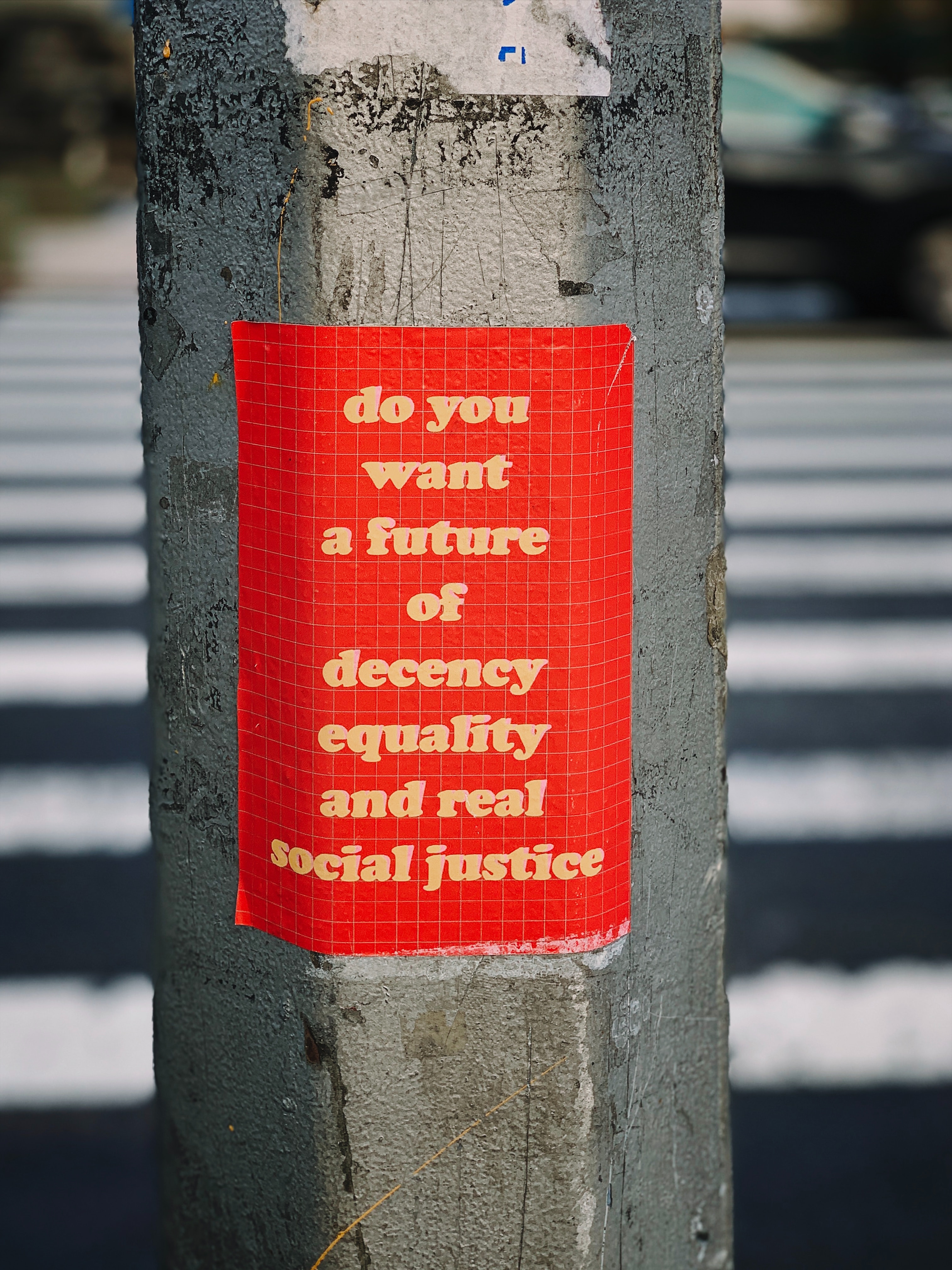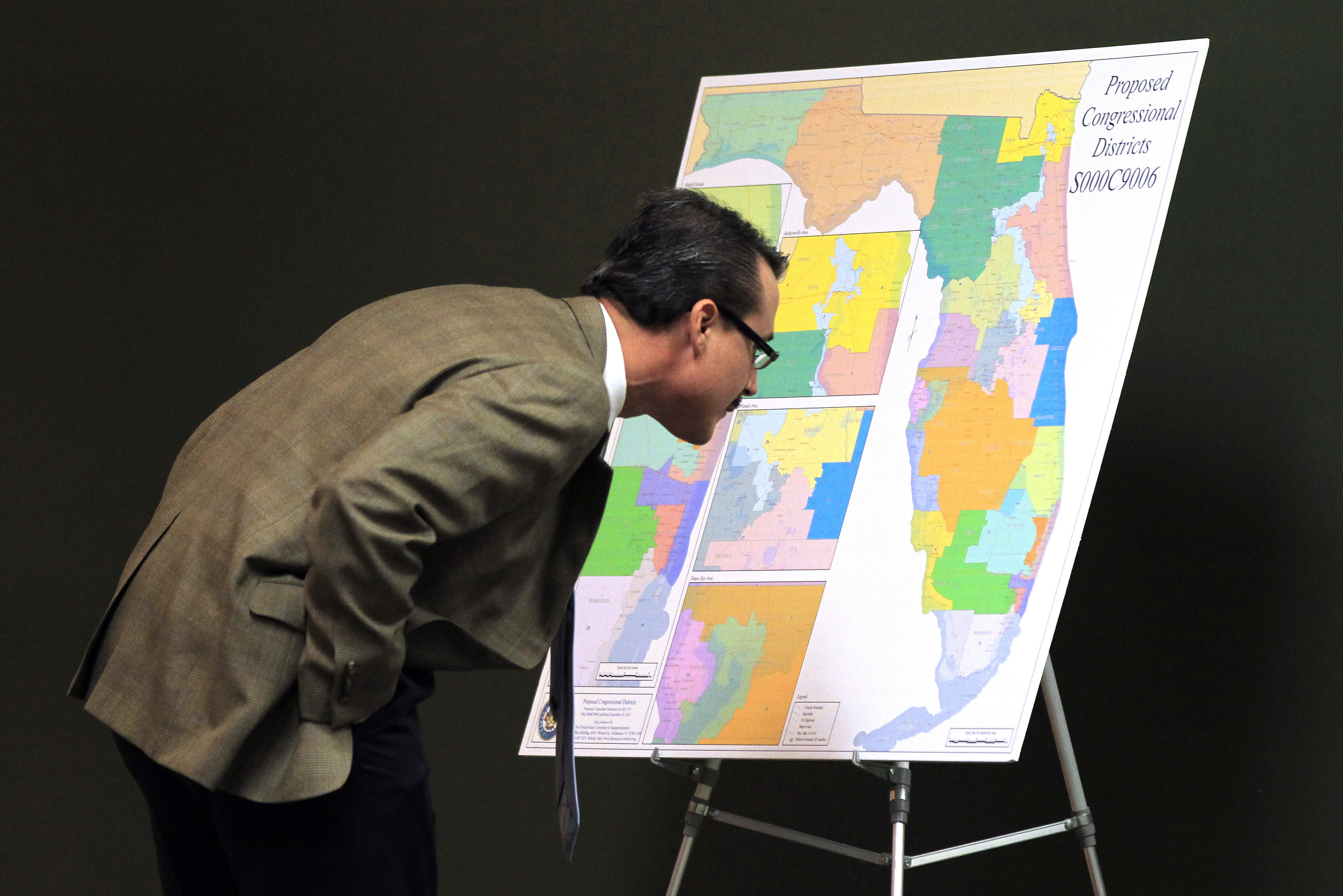By Anjana Sreedhar
We’re all here for a reason.
In this case, I don’t mean in a deep, philosophical way. I’m talking about why we’re here at Wagner. All of us made a conscious commitment to public service – whether it’s improving public or nonprofit structures, delivering healthcare safely and equitably, or strategizing sustainable transportation solutions, Wagnerds have a deep dedication to improving lives in various ways.
While our academic and professional pursuits support these noble goals, there is one component in need of further bolstering: a critical understanding of equity, diversity, and inclusion (EDI). All of these industries that we have been or are seeking to get involved in are underpinned by institutional structures. These structures include how wealth is distributed and invested and who has access to what kinds of capital. Many of us are acutely aware that existing disparities in government, nonprofit services, health, and urban planning were intentionally designed to exacerbate division. Therefore, it is our responsibility to better understand these designs to best collaborate on solutions that will further the well-being of the communities we seek to serve.
It is clear that Wagner fundamentally cares about EDI. At the very least, it is reflected in the diversity of the student body. We have students from around the country and around the world, bringing with them myriad personal and professional experiences. I count myself lucky to have friends and colleagues who enrich classroom and dinner discussion with what they have learned from their childhood, undergraduate, and working years. However, this is not enough. It is absolutely imperative that these very same students also develop deep understandings of how public institutions operate and strategize to combat the inherent biases that exist.
This is why my position – Vice President for Identity and Diversity in Public Service – was created in Wagner’s student government, and why we have reactivated the Wagner Diversity Council (WDC). My position primarily supports the efforts of identity-based student organizations in building community. This includes advocating on their behalf for funding and providing opportunities for collaboration across groups. WDC seeks to further EDI by aligning itself to Wagner’s goals; specifically, by improving community building and engagement as well as EDI discussions in the classroom. WDC’s vice chair, Janelle Sauz, and I were excited to host a diversity retreat earlier this month to strategize and build community with identity-based student group and WDC student leaders. We hope to continue partnering with staff and administration to provide a well-rounded, comprehensive EDI understanding to the Wagner community.
You may be asking: as an individual, what is the best way to make Wagner a more welcoming and inclusive community through EDI? It may seem daunting, but there’s actually a lot of easy steps you can take” — in other words, be more explicit that anyone can make a difference without a ton of effort. In the classroom, think about how what you’re learning may impact marginalized communities. Engage in conversation with your peers about their experiences and perspectives. Stay curious and ask “why†whenever thinking about or discussing how institutions are designed. If you’re interested in plugging into this work, feel free to contact me to learn more about how to get involved with Wagner Diversity Council.
Most of us have come to Wagner to gain critical skills in public service and to give back to the communities we live and work in. We can take what we learn and do at Wagner into the real world with us. If each of us can not only develop a robust understanding of EDI but also how to foster it, then we can, as Ta-Nehisi Coates puts it, angle the labor we love toward justice.
Anjana Sreedhar is a second-year MPA-Health student at NYU Wagner. She serves as VP Identity and Diversity in Public Service in the Wagner Student Association and also supports the efforts of the Wagner Diversity Council (WDC). If you have any questions or comments on Wagner’s equity, diversity and inclusion efforts, send her a note at anjana.sreedhar@nyu.edu.




